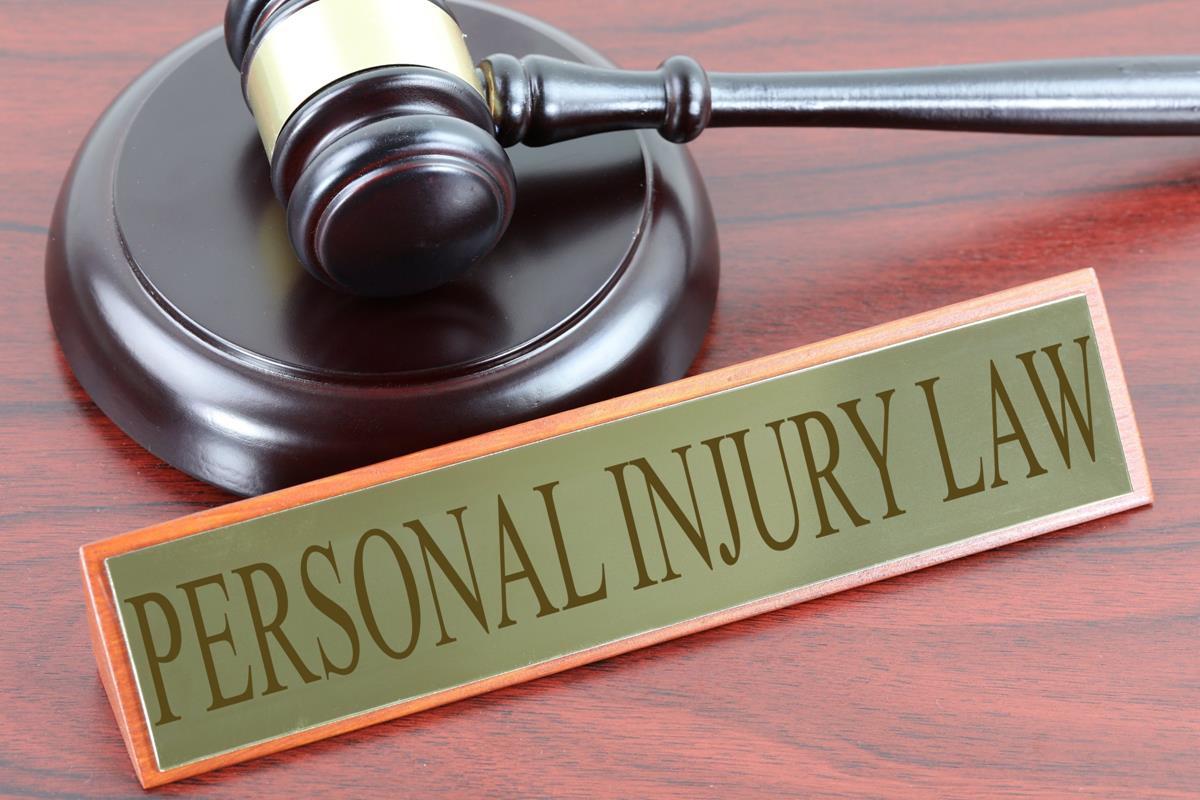Accidents happen, and when they do, they can lead to personal injuries that disrupt your life physically, emotionally, and financially. The good news is that if you’ve suffered an injury due to someone else’s negligence or intentional actions, you may have the right to make a personal injury claim. However, it’s essential to understand the various types of personal injury claims that you can make to seek the compensation you deserve. In this article, we will explore the different categories of personal injury claims and provide insights into the circumstances that may lead to such claims.
1. Motor Vehicle Accidents
Motor vehicle accidents are among the most common causes of personal injury claims. These claims encompass a wide range of incidents, including:
- Car Accidents: Whether you were a driver, passenger, or pedestrian, if you were injured in a car accident caused by another person’s negligence, you may have a personal injury claim.
- Motorcycle Accidents: Motorcyclists are particularly vulnerable in accidents, and claims often involve serious injuries.
- Truck Accidents: Collisions involving large commercial trucks can lead to severe injuries, and holding the responsible parties accountable is essential.
- Bicycle and Pedestrian Accidents: When a car or other vehicle strikes a cyclist or pedestrian, the injured party can seek compensation.
2. Slip and Fall Accidents
Slip and fall accidents typically occur on someone else’s property, such as a store, restaurant, or public place. Property owners have a duty to maintain safe premises your rights in a personal injury case. If their negligence leads to a slip and fall injury, you may have a claim.
3. Medical Malpractice
Medical malpractice claims arise when healthcare professionals, such as doctors, nurses, or hospitals, provide substandard care, leading to patient injuries. This category includes various types of claims, such as misdiagnosis, surgical errors, and medication mistakes.
4. Workplace Injuries
When you’re injured on the job, you may be eligible for workers’ compensation benefits. However, if your injury results from a third party’s negligence, you can also pursue a personal injury claim against that party. Workplace injuries encompass construction accidents, industrial accidents, and injuries due to unsafe work environments.
5. Product Liability
Defective products can cause severe injuries. Whether it’s a malfunctioning household appliance, a dangerous prescription drug, or a poorly designed vehicle, product liability claims hold manufacturers and distributors accountable for the harm their products cause.
6. Assault and Battery
If you are the victim of assault or battery, you can pursue a personal injury claim against the responsible party, even if they also face criminal charges. These claims aim to compensate the victim for their physical and emotional suffering.
7. Dog Bites
When a dog attacks and injures someone, the owner may be liable for the injuries. Dog bite claims can help victims recover medical expenses and compensation for scarring or disfigurement.
8. Defamation
While not a physical injury, defamation can harm a person’s reputation and livelihood. If you’ve been falsely accused of a crime, unethical behavior, or other damaging statements, you can pursue a defamation claim to seek compensation for the harm done to your reputation.
9. Premises Liability
Premises liability claims involve injuries on someone else’s property due to negligence. This can include injuries in a commercial establishment, private residence, or public place, like a park.
10. Wrongful Death
In cases where someone’s negligence or intentional actions lead to a person’s death, the surviving family members may have a wrongful death claim. These claims aim to provide financial support for the deceased person’s dependents and hold the responsible party accountable.
11. Toxic Exposure
Exposure to toxic substances, such as asbestos, lead, or hazardous chemicals, can result in severe health issues. Personal injury claims can be made against the entities responsible for the exposure, such as employers or manufacturers.
12. Construction Accidents
Construction sites are inherently dangerous, and accidents can lead to severe injuries. Construction accident claims may involve falls, equipment malfunctions, or exposure to hazardous materials.
13. Intentional Torts
In addition to assault and battery, personal injury claims can also be made for other intentional torts, such as false imprisonment, invasion of privacy, or fraud.
14. Boating Accidents
Accidents on the water, including boating and maritime incidents, can lead to personal injury claims, particularly when negligence plays a role.
15. Airplane Accidents
While less common, airplane accidents can result in personal injury claims when they occur due to factors such as pilot error, mechanical failures, or air traffic control negligence.
Conclusion
Personal injury claims can cover a wide range of incidents, from motor vehicle accidents to medical malpractice, and they are essential for holding responsible parties accountable and providing compensation for victims. If you’ve suffered an injury due to someone else’s negligence, it’s crucial to consult with an experienced personal injury attorney to determine the viability of your claim and navigate the legal process effectively.
Understanding the types of personal injury claims is the first step toward seeking the compensation you deserve. By recognizing your rights and the various scenarios that can lead to personal injury claims, you can take action to protect your well-being and future.
